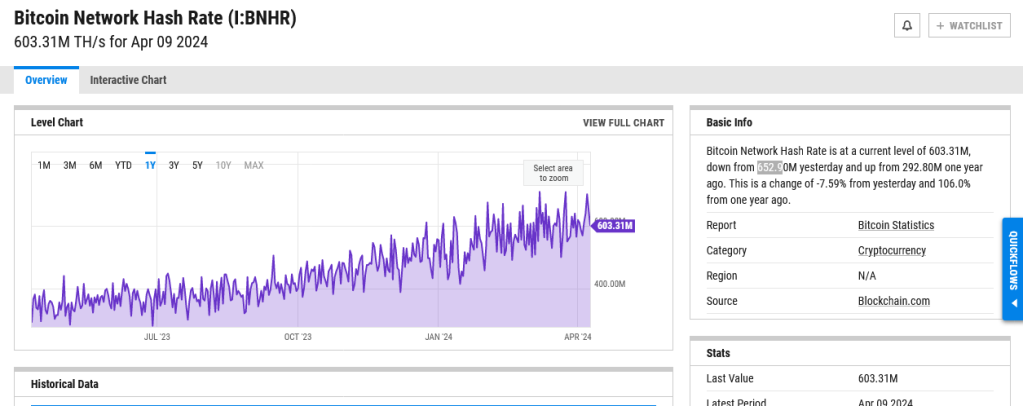On-chain analysis now reveals that a single anonymous custodian, believed to be Cobo Custody, plays a crucial role in the Bitcoin network. In a post on X, one analyst said the custodian controls the Coinbase addresses of at least nine mining pools, cumulatively contributing at least 47% of the total hash rate.
This means that for every 100 freshly mined BTC, 47 BTC are sent to this custodian. Concentrating control in one entity raises concerns about the potential risks and the need for transparency and decentralization of custodians among mining pools.
Bitcoin Mining Pool Overreliant On One Custodian
The finding noted that popular Bitcoin mining pools like AntPool, F2Pool, Binance Pool, Braiins, btccom, SECPOOL, and Poolin channel their Coinbase to the same custodian. Additionally, ULTIMUSPOOL and 1THash’s Coinbase addresses are also reportedly controlled by the same entity.
Luxor previously used the same custodian but changed its setup after it was noted that they also relied on the custodian.
A Coinbase address is a specific address associated with a mining pool. Whenever a mining pool succeeds in confirming a block of transactions every 10 minutes and is rewarded with 6.25 BTC in the current epoch, it sends these coins to its Coinbase address.
This consolidation raises concerns about centralization in coin storage. Technically, Bitcoin is powered by a decentralized web of miners, none of which control over 50% of the total hash rate.
The hash rate is the measure of computing power dedicated to the network. The higher it is, the more secure the platform becomes against attacks. According to YCharts, the Bitcoin network currently has a hash rate of 603 EH/s.

Security And Centralization Risks
Fresh studies show that a single entity controls nearly half of all newly minted BTC, which could pose a security risk. If this custodian is compromised, these mining pools could lose heavily, impacting the network’s overall security and sentiment.
Besides relying on one custodian for their Coinbase, the study also found that the nine pools provide a hash rate for AntPool’s transaction accelerator service. The custodian is said to frequently use AntPool and ViaBTC’s transaction acceleration services for large batch withdrawals.
Usually, transaction accelerators are meant to fast-track the confirmation speeds of certain transactions. While convenient, especially when the network is congested, accelerators can risk centralizing control over transaction processing.
Feature image from Canva, chart from TradingView
Credit: Source link
































